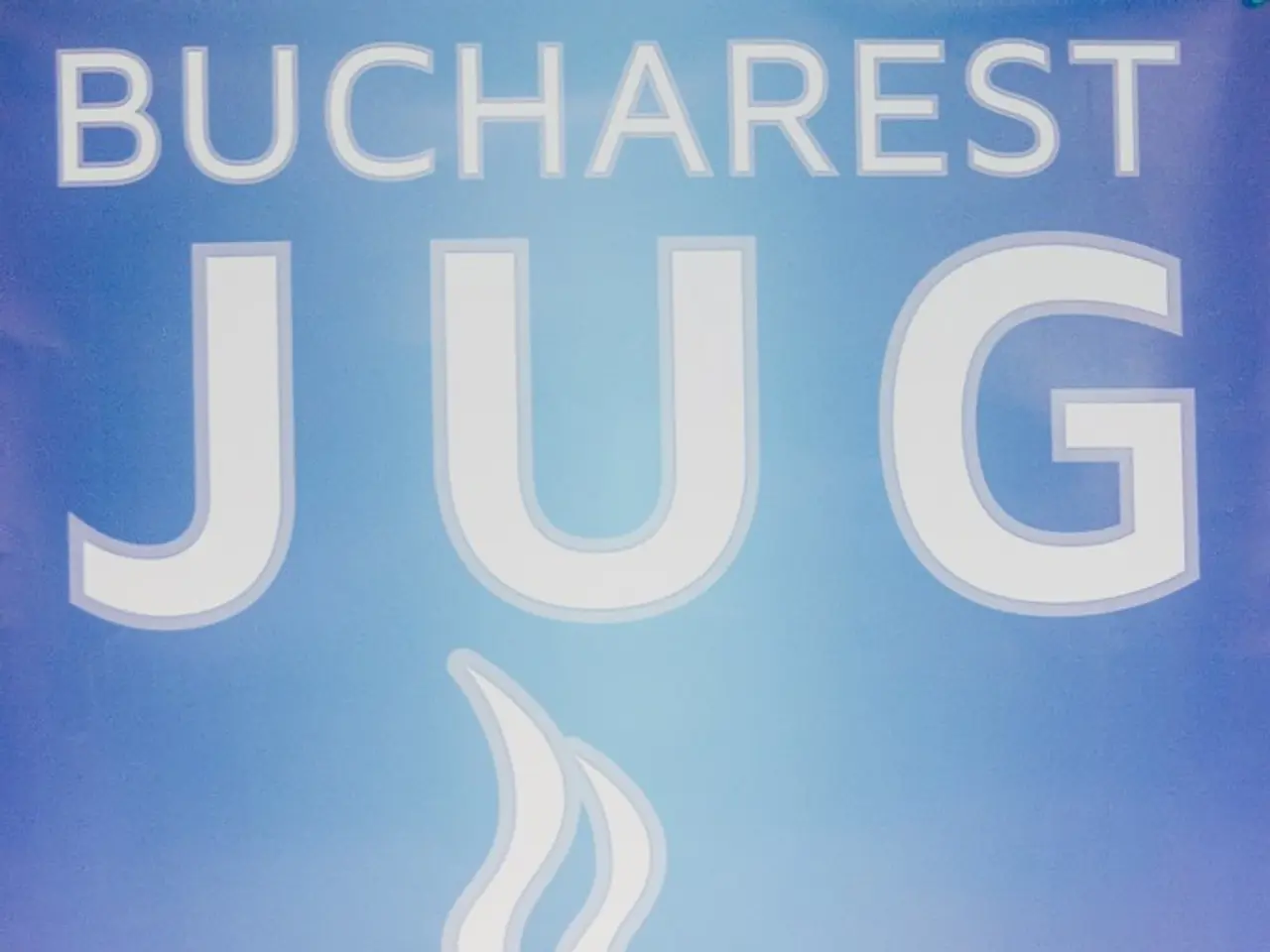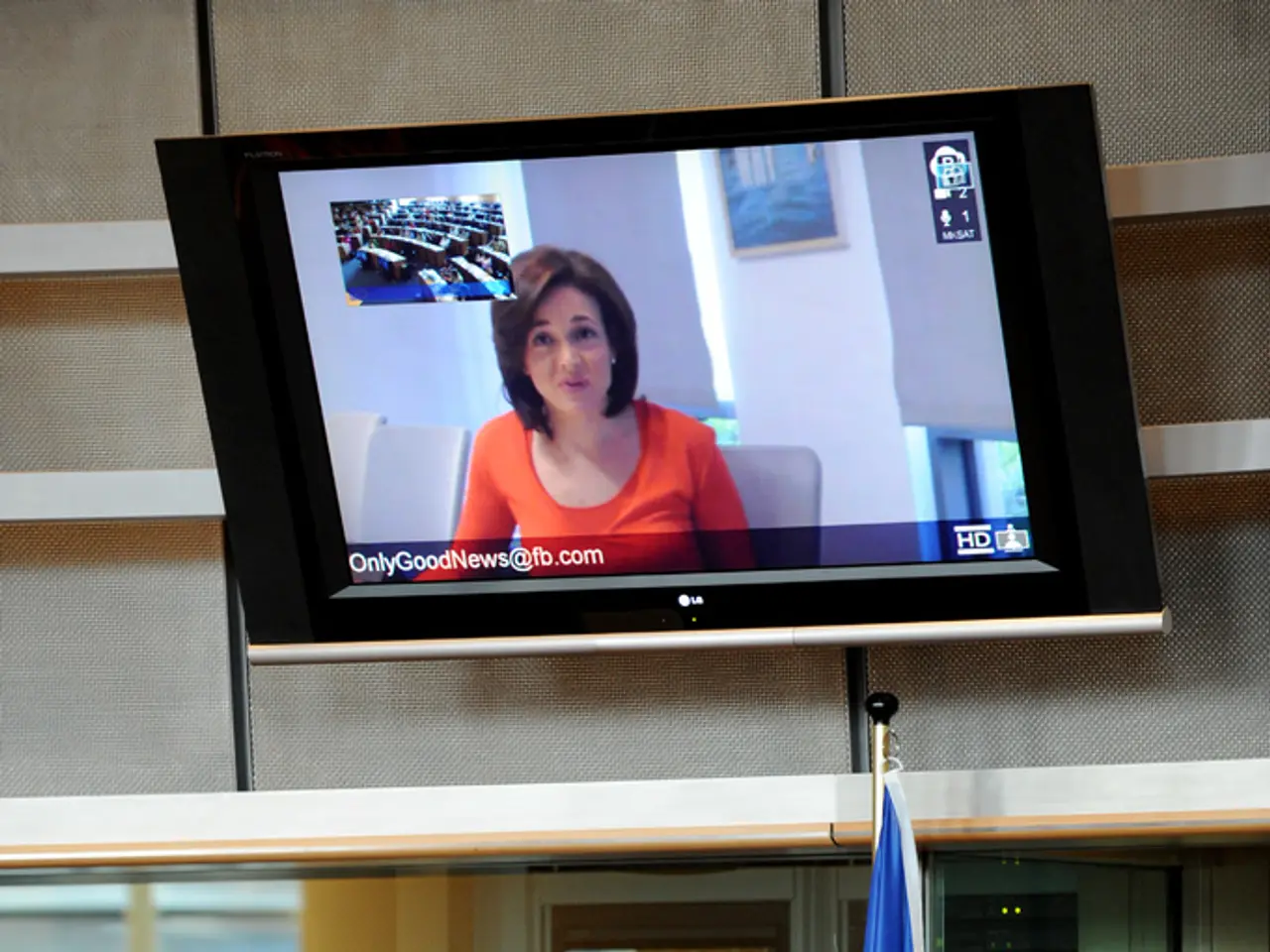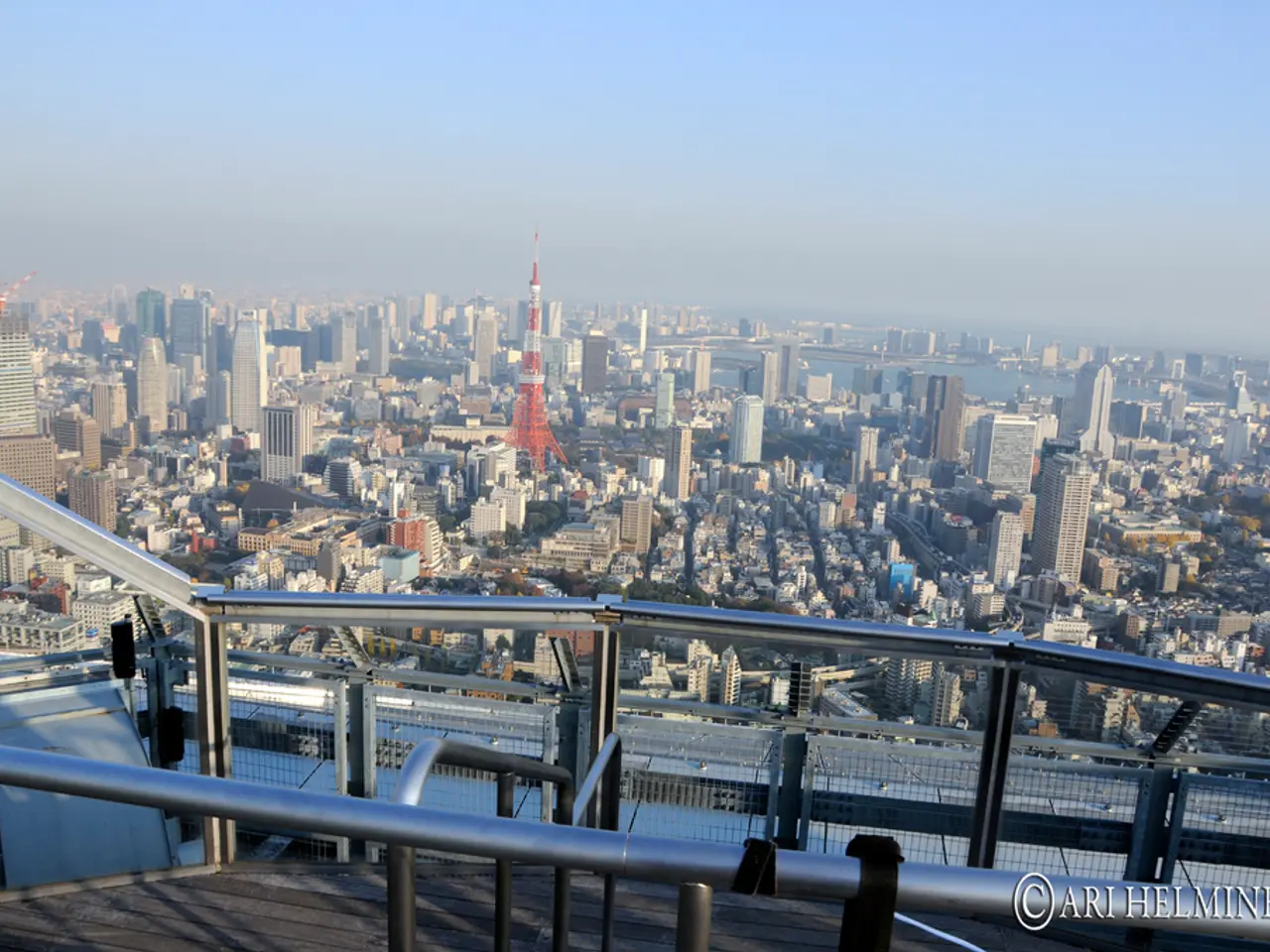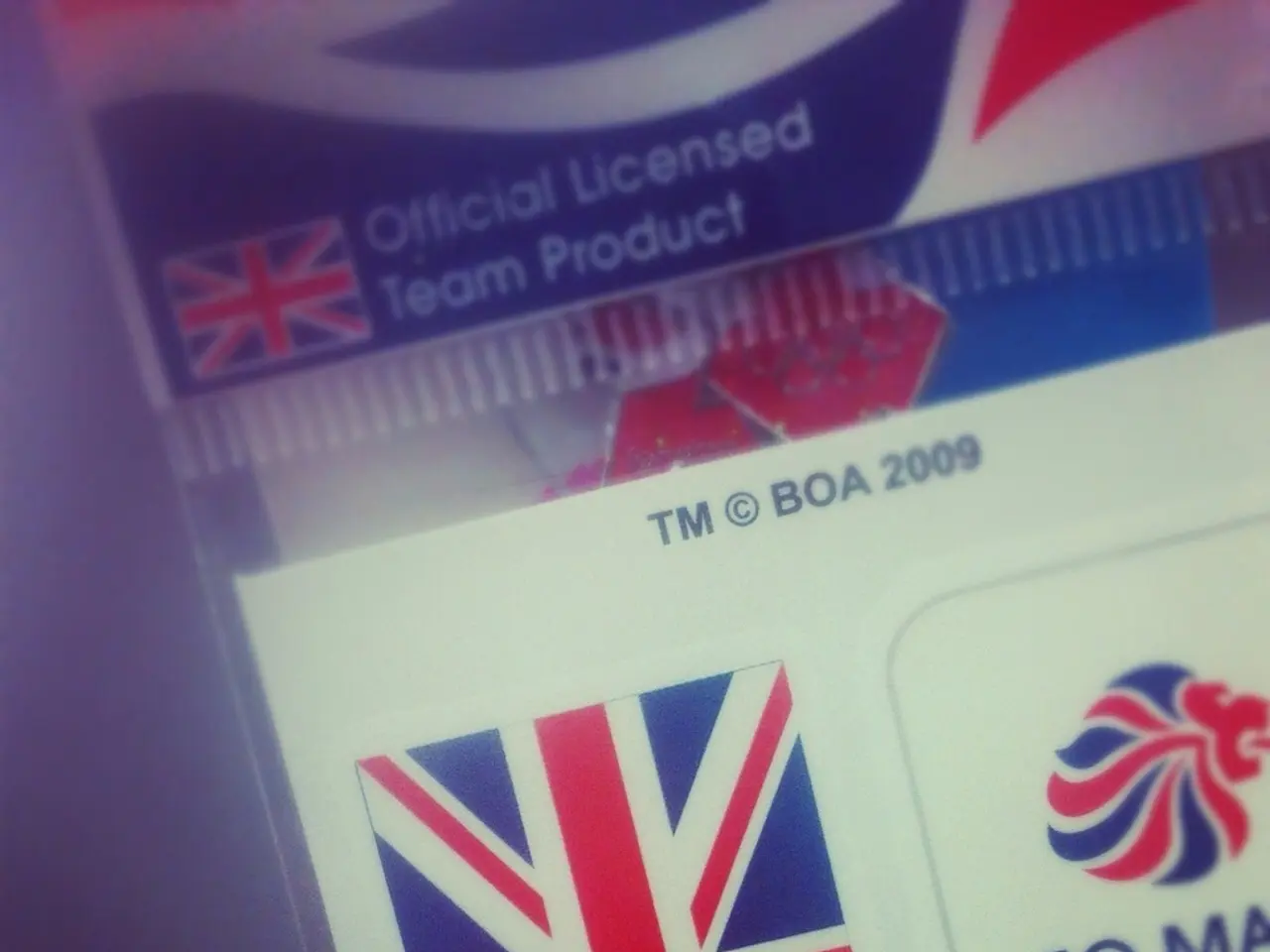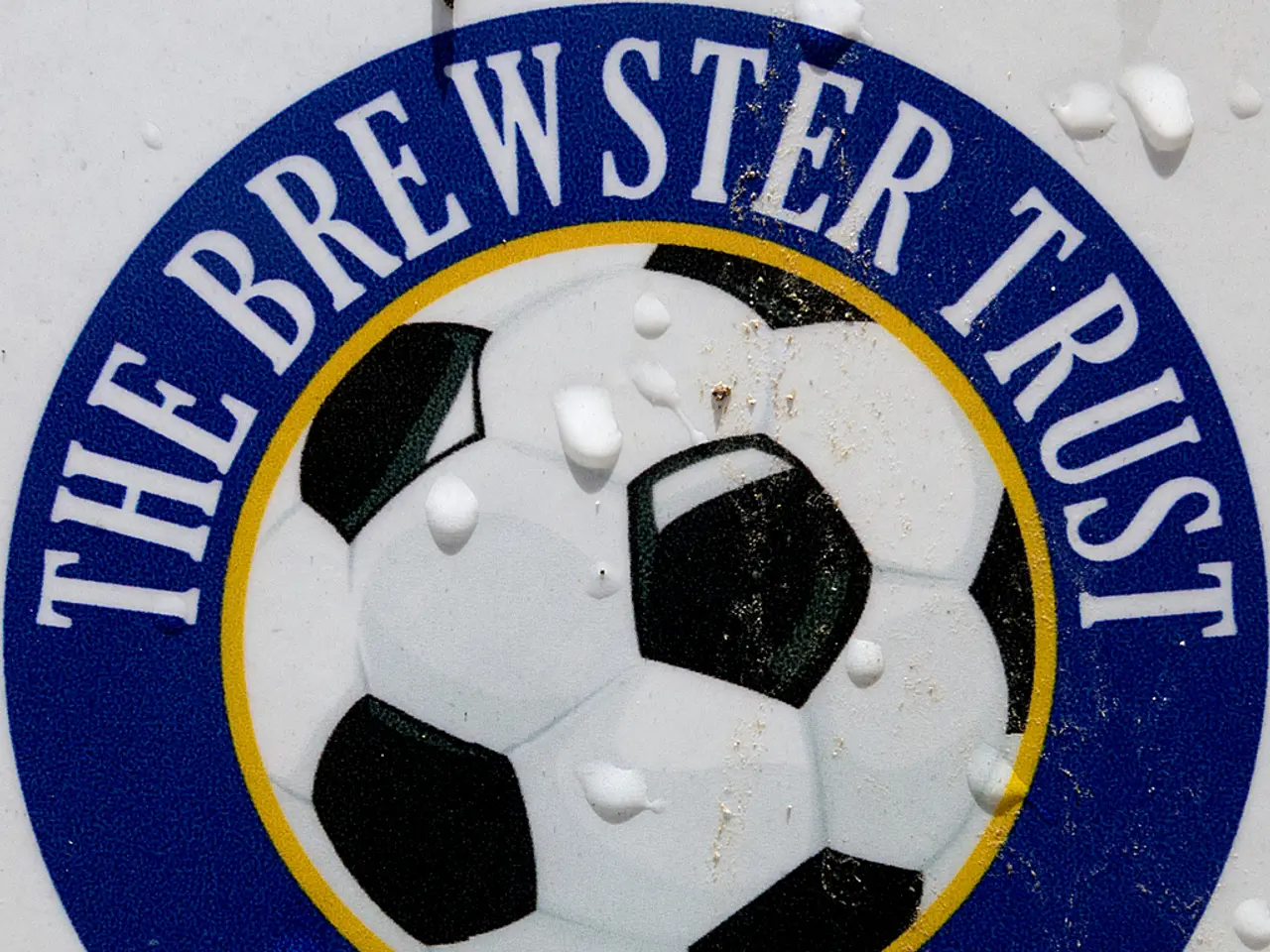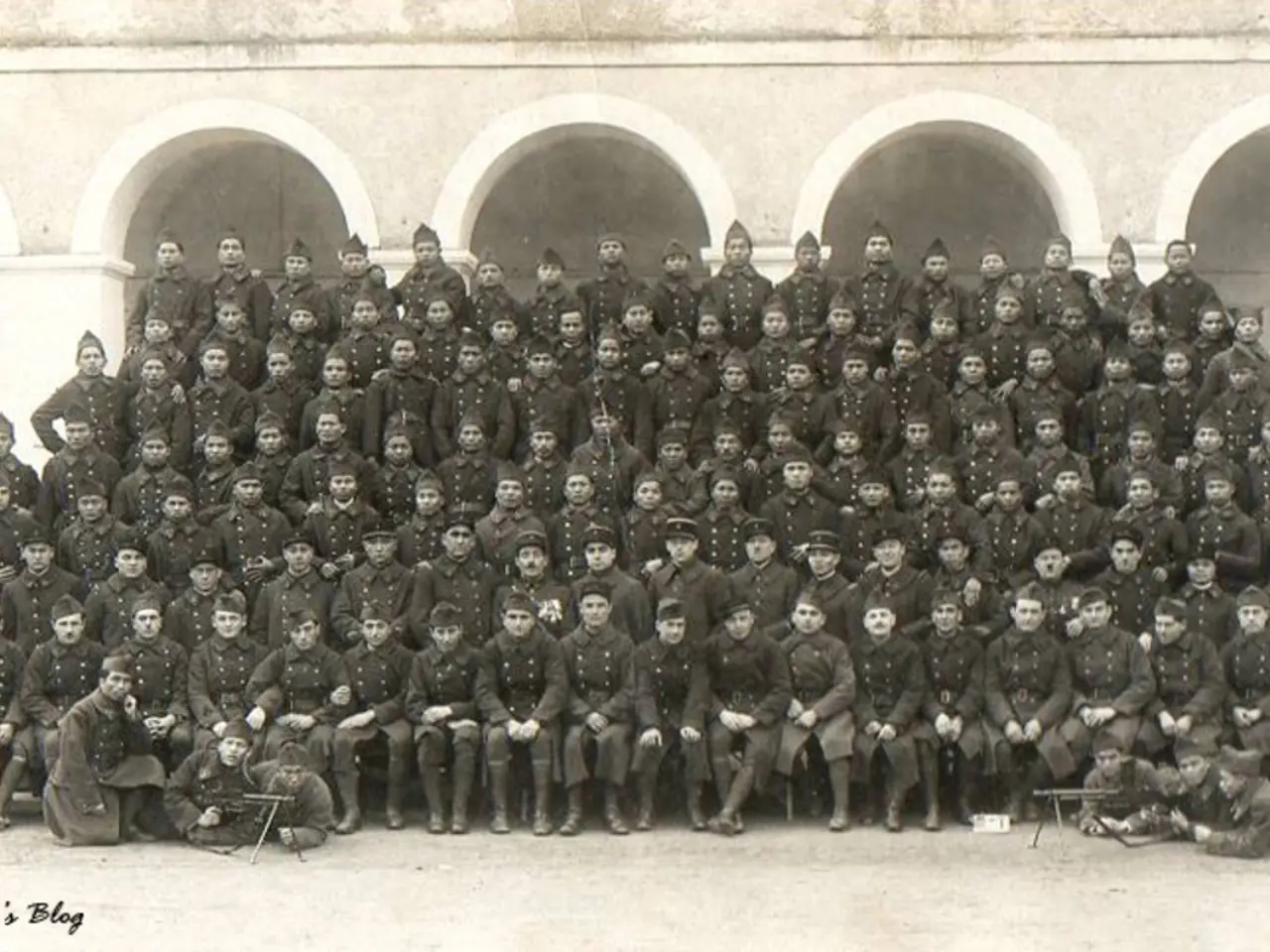NPA denies Ato Forson's accusation of participating in unlawful activities
The National Petroleum Authority (NPA) has squashed claims made by the MP for Ajumako-Enyan-Esiam Constituency, Dr Cassiel Ato Forson, that the authority is flouting laws and engaging in illicit activities.
Dr. Forson alleged that the NPA is illegally collecting revenues through the collection of the Unified Petroleum Price Fund (UPPF), BULK OIL Storage and Transportation (BOST), and Fuel Marking Margins.
However, in a statements issued by the NPA, it clarified that its authority to collect these revenues comes from the National Petroleum Authority (Prescribed Petroleum Pricing Formula), Regulations 2012, Legislative Instrument (LI) 2186, a law passed by the Ghanaian parliament in July 2012.
The statement elaborated that in compliance with LI 2186, the UPPF, BOST, and Fuel Marking Margins are considered Distribution Margins. The UPPF Margin is a fee built into the price of petroleum products to compensate transporters for moving products from depots to retail outlets across Ghana, ensuring uniform pricing of petroleum products throughout the country.
The BOST Margin, on the other hand, is a fee included in the construction of petroleum prices to cover the maintenance and operating costs of BOST depots nationwide and to fund its depot expansion programmes. This margin is collected by BOST Co. Limited, not the NPA.
Lastly, the Fuel Marking Margin is a fee incorporated into the price of petroleum products to cover the cost of marking the products to prevent tax revenue leakage, smuggling, and adulteration of petroleum products.
The NPA emphasized that these margins are solely based on the cost of carrying out the prescribed activities and not for any other reasons. These margins have been periodically increased since 2009 due to rises in operational costs associated with these activities.
Regulations 9 to 13 of LI 2186 outline how to revise the petroleum pricing formula, which includes establishing these margins to account for the intended costs.
In essence, the NPA is acting within the bounds of the law, as laid out in the Prescribed Petroleum Pricing Formula Regulations, 2012 (LI 2186). The UPPF, BOST, and Fuel Marking Margins included in the price buildup are not illegal fees as suggested by Dr. Cassiel Ato Forson. These fees are essential to maintain consistently priced petroleum products across Ghana and uphold quality standards.
- The National Petroleum Authority (NPA) stressed that the Unified Petroleum Price Fund (UPPF), BULK OIL Storage and Transportation (BOST), and Fuel Marking Margins are not illegal fees, as they are outlined in the Prescribed Petroleum Pricing Formula Regulations, 2012 (LI 2186), a law passed by the Ghanaian parliament.
- The UPPF Margin is a necessary fee built into the price of petroleum products to compensate transporters for moving products across Ghana, ensuring general news of uniform pricing throughout the country.
- In politics and policy-and-legislation discussions, it is crucial to understand that the BOST Margin, collected by BOST Co. Limited, is used to cover maintenance and operating costs of BOST depots nationwide and fund its depot expansion programs, not for any other reasons.
